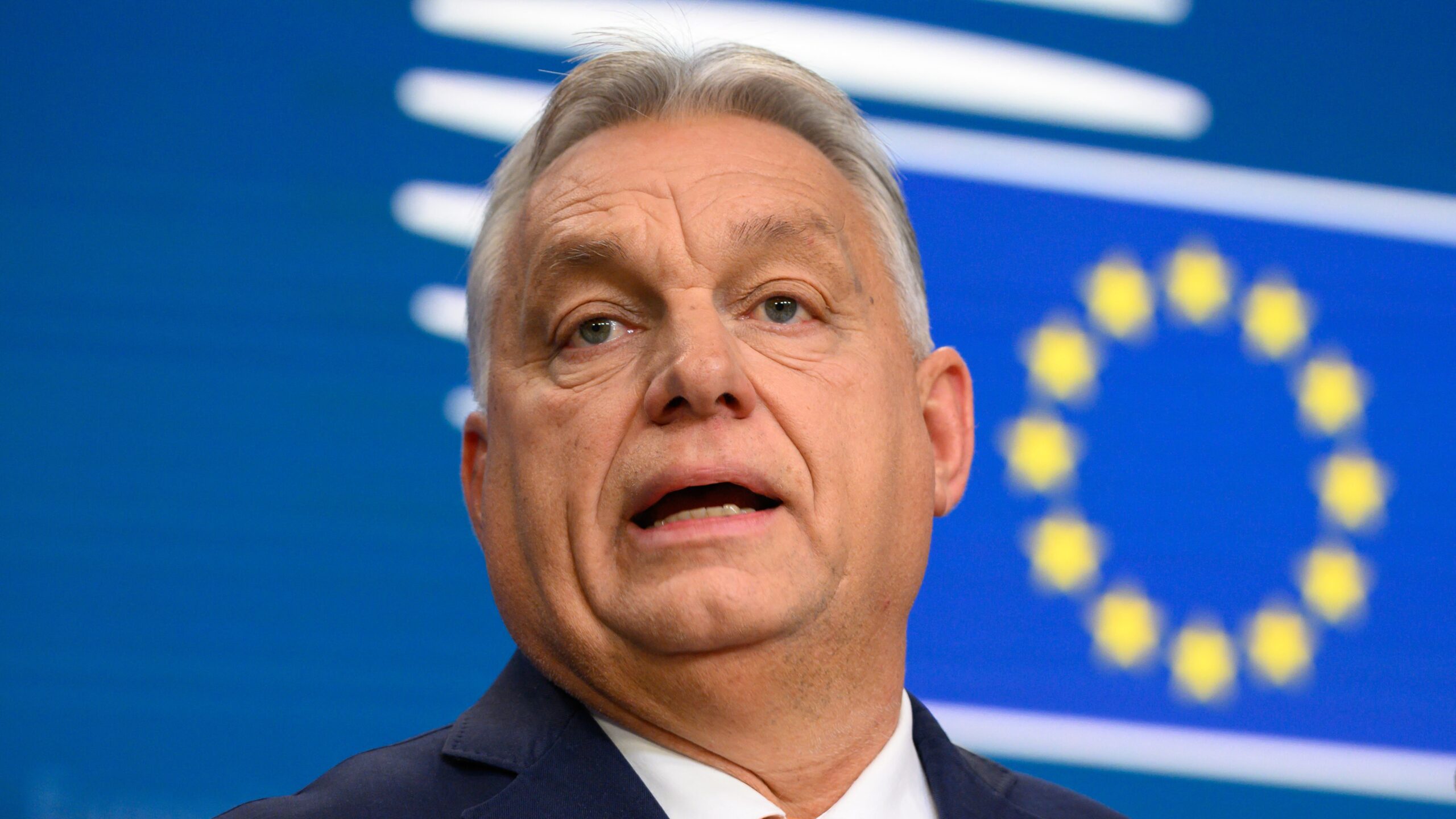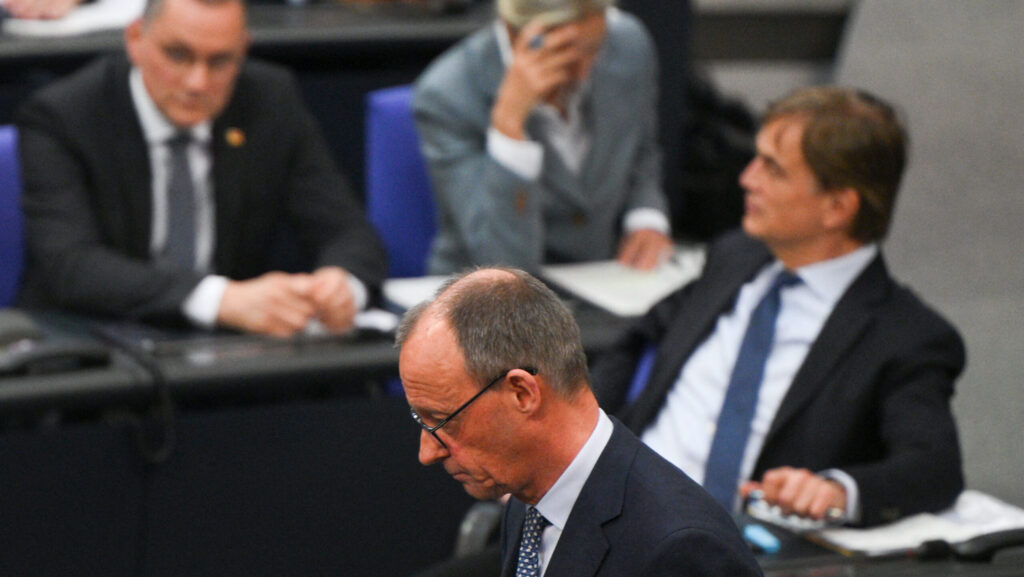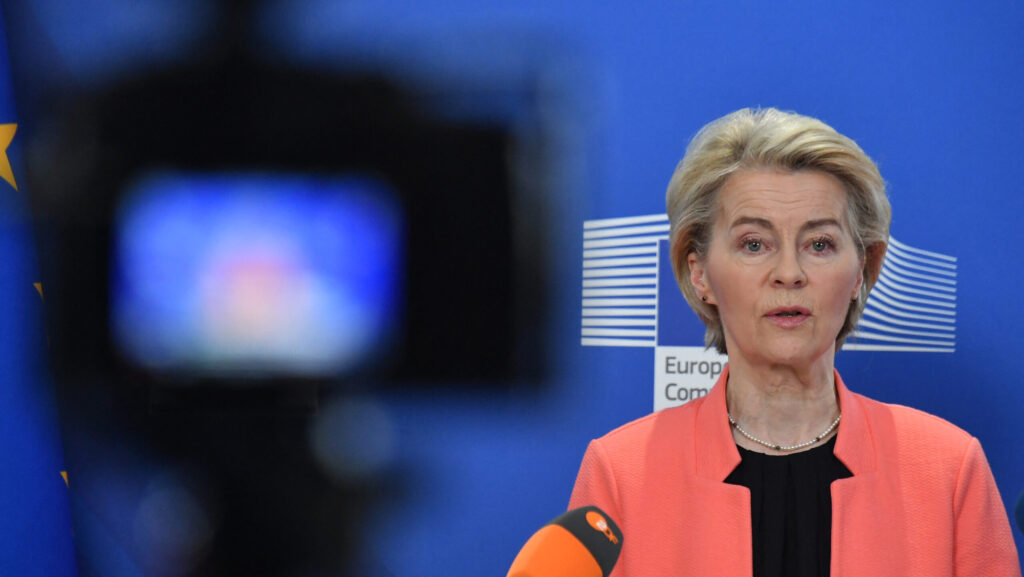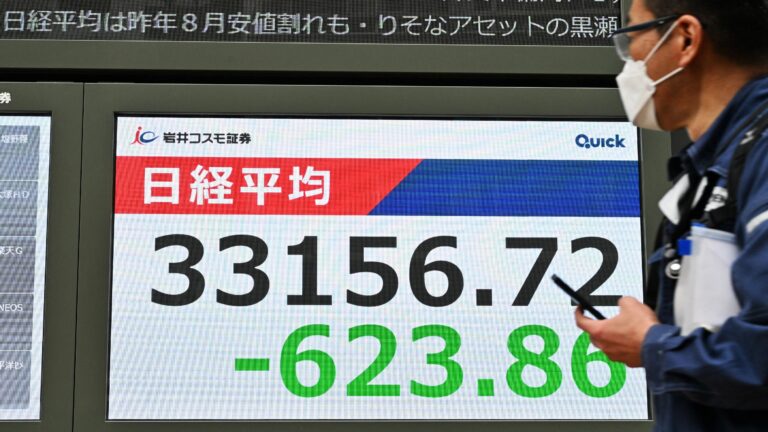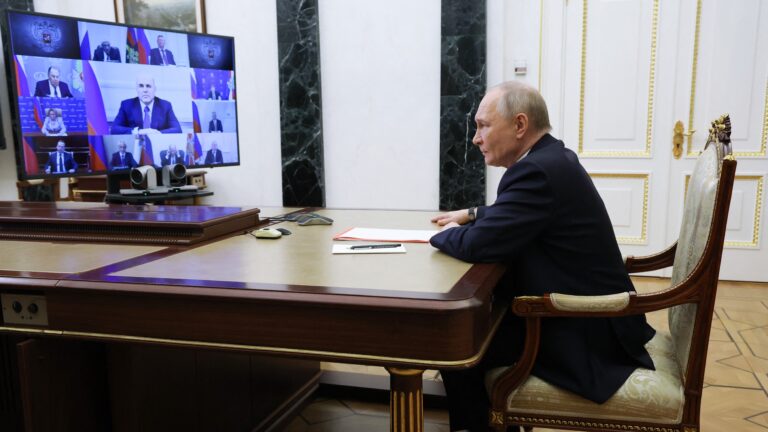The vast spectrum of the centre-right in Europe often emphasizes that our continent is at a crossroads. Burdened by high taxation, sprawling bureaucracies, and overregulation, many European countries are seeing their economic potential stifled. Simultaneously, the cultural fabric is fraying under the pressures of identity politics, unchecked illegal migration, a rise in crime, and the overreach of progressive ideologies.
Yet, we on the right have not managed to overcome the debates among ourselves, even though what unites us is bigger than what divides us. Europe needs a bold and visionary leader to rally conservatives and steer the continent back toward prosperity and cultural confidence. Following the Hungarian Presidency of the European Union, Prime Minister Viktor Orbán of Hungary is uniquely positioned to take up this mantle and lead a coalition of the willing to save Europe in 2025.
The Hungarian Presidency, in my view, was quite successful in many aspects that had lagged in the last decade. It was marked by significant steps towards enhancing the EU’s competitiveness, culminating in the adoption of the Budapest Declaration, which focused on simplifying regulations and pushing for reforms in energy markets to ensure more affordable prices. Moreover, Hungary successfully hosted the European Political Community Summit, showing how it could act as a unifying force within the Union and across Europe. There was also considerable progress on enlargement. Mr Orbán has shown repeatedly that he can be a driving force for positive change in our Continent.
Orbán has long been a staunch advocate for conservative values and national sovereignty, standing firm against the infringements of the European bureaucracy. His call to address declining productivity and the demographic crisis should resonate with every leader who envisions a competitive, innovative European Union. These challenges are not unique to Hungary but plague the continent as a whole, demanding collective action.
The principle of subsidiarity in Europe has long been under attack. Orbán’s leadership could prioritize decentralization and restore decision-making power to member states, challenging the overreach of Brussels. On issues like tax reform, deregulation, and decentralization, there is ample room for collaboration among European People's Party (EPP), European Conservatives and Reformists (ECR), and Patriots group members. A coalition of centre-right and conservative governments could unite around these shared objectives to revitalize Europe. At the very least, a serious effort should be made to see where the various groups stand on these issues.
Orbán should spearhead efforts to simplify tax systems, a critical step to unlocking Europe’s economic potential. Complex tax regimes deter investment and stifle growth. A streamlined system with fewer taxes, and a flat tax similar to Hungary’s, would not only improve compliance but also attract foreign direct investment, especially in underperforming regions. Such reforms would be a game-changer for Southern and Eastern Europe, where public sector inefficiencies often hinder development.
Deregulation must also be a cornerstone of this coalition's agenda. By reducing bureaucratic red tape and privatizing inefficient state-owned enterprises, European nations can significantly improve their competitiveness. Orbán’s government has already demonstrated the benefits of cutting unnecessary regulations and could lead by example, encouraging other nations to follow suit.
We have seen in Argentina what centre–right policies can achieve to reverse the devastating effects of socialism. Mieli managed to significantly reduce inflation. Initially facing monthly rates around 25.5 per cent, by October 2024, inflation had decreased to a 3-year low of 2.7 per cent. His approach involved stringent fiscal measures, focusing on reducing government spending and monetary expansion. Within the first few months in office, he achieved a budget surplus by drastically cutting government expenses, including laying off 20 per cent of federal employees, saving nearly $20 billion.
Culturally, the defence of traditional values, the family, and national identity is as crucial as economic reform. Europe’s conservatives must address the cultural concerns of their citizens, pushing back against identity politics and the overreach of progressive ideologies. Orbán’s outspoken stance on these issues has already inspired many, and his leadership could help unite cultural conservatives across Europe.
‘European leaders must heed the repeated calls of their voters and take decisive action’
With President Trump’s victory in the United States, the conservative wind of change across Europe and allies like President Milei in Latin America, 2025 should be the year that cultural Marxism experiences a resounding defeat. This is a once in a generation alignment that should not be wasted.
Recent elections have shown that Europeans are demanding change, and this change will not come from the bureaucrats in Brussels. Member States should take the lead. European leaders must heed the repeated calls of their voters and take decisive action. Orbán should reach out to other centre-right leaders to form a coalition capable of addressing these urgent challenges. Together, they could implement policies that reignite economic growth, restore cultural confidence, and safeguard the future of Europe.
Collaboration is essential. The progressive agenda thrives on division, and only a united front can effectively challenge its dominance. Orbán’s proven ability to build alliances and his commitment to conservative principles make him the ideal leader for this mission. A coalition led by him could bring together free-market advocates, traditionalists, and cultural conservatives, amplifying their influence and enacting meaningful reforms.
Prime Minister Orbán has already demonstrated that strong leadership can make a difference. By uniting in an emergency Coalition of the Willing to Save Europe, championing economic freedom and cultural conservatism, European conservatives can chart a path toward a freer, more prosperous, and more cohesive future. The time to act is now. With Orbán’s leadership, 2025 could mark the beginning of Europe’s renewal. The question is: who will join him in this historic endeavour?
Related articles:

